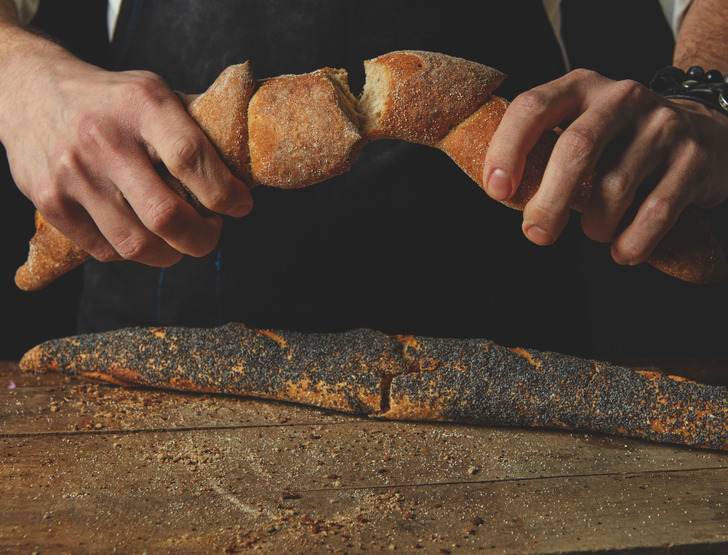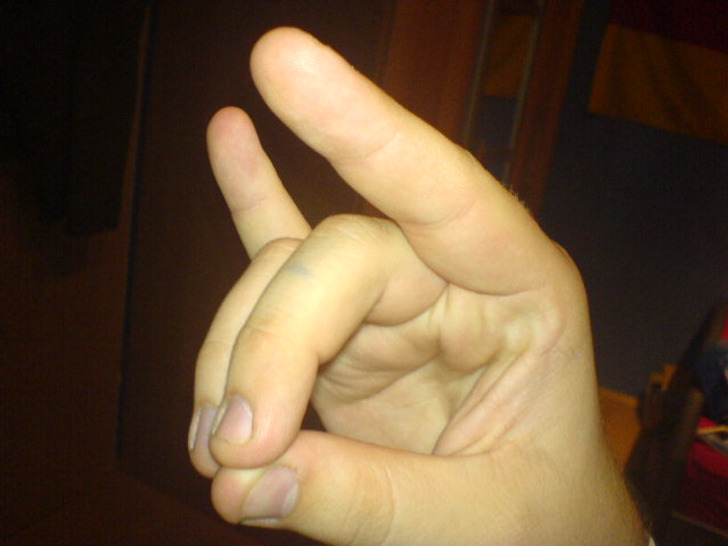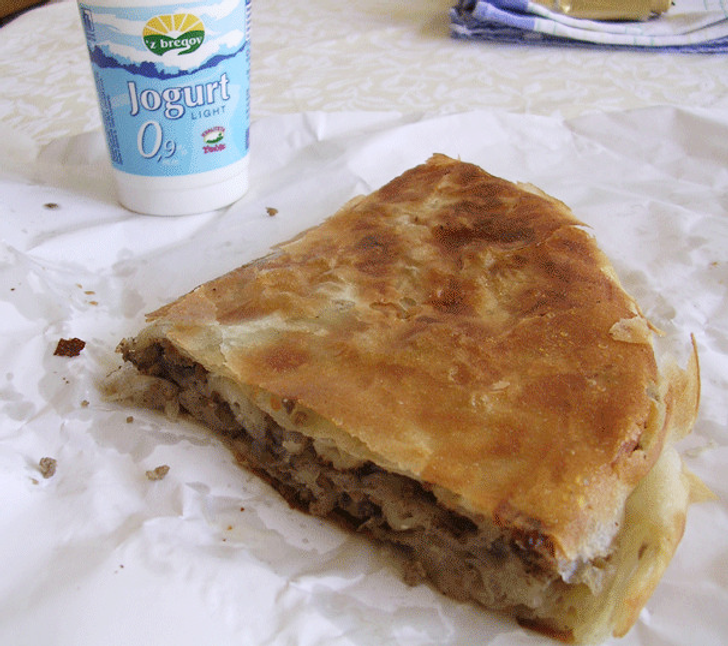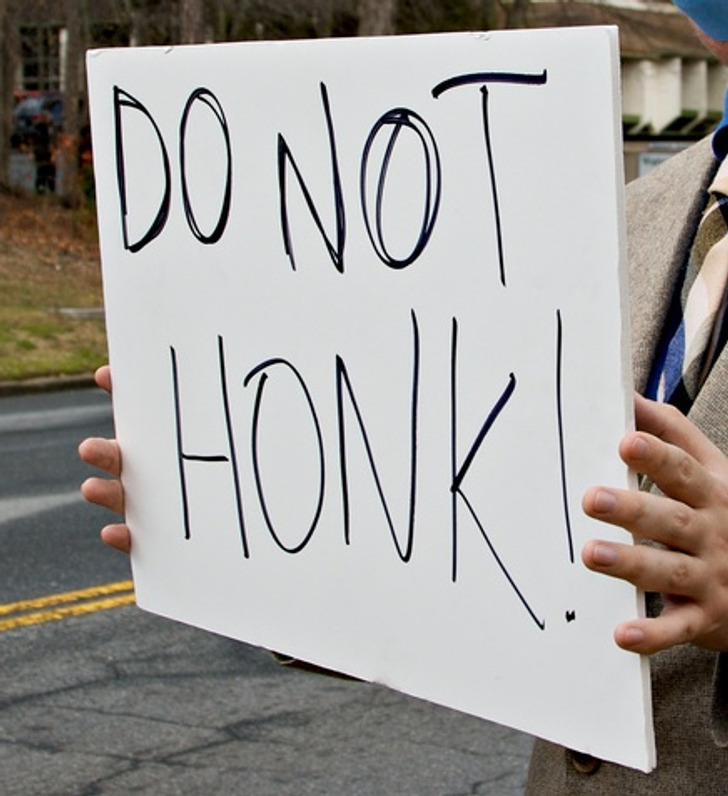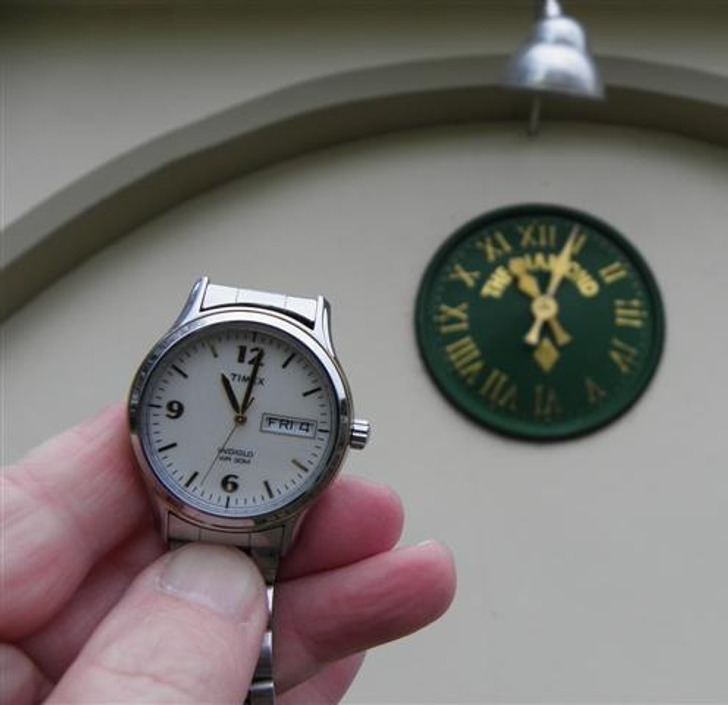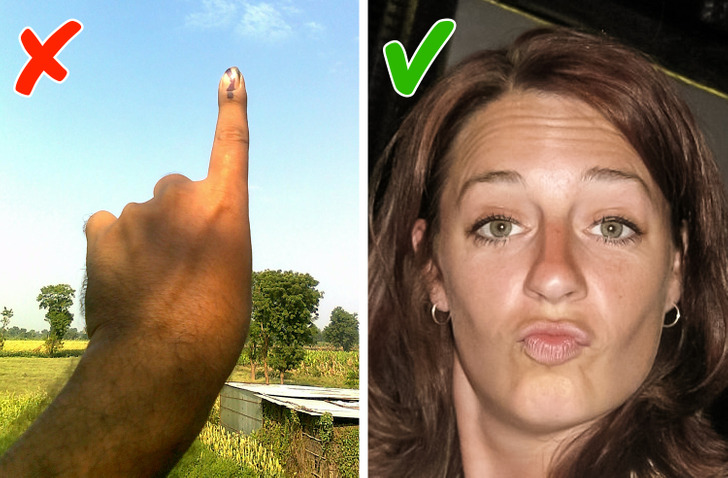12 Things That Look Perfectly Normal in Some Countries and Shocking in Others
According to this analysis, there is an increase of tourist activity around the world this year. It seems that traveling is going back to normal, so more and more people will have a chance to get acquainted with new cultures. When traveling, you should prepare yourself in advance in order to avoid offending the locals of the place you intend to visit or breaking some of their rules. We found out some simple things you should avoid doing when you’re abroad. Prepare for culture shock!
In France, it’s better to break baguettes, not cut them.
In French, there’s even a saying: “On ne coupe pas le pain, on le rompt,” meaning “You don’t cut bread, you break bread.” If you don’t want to look rude, break bread with your hands. Of course, in some cases, they are cut for sandwiches, but it’s cut longways.
In Latin America, devil’s horns might be offensive.
You know that devil’s horns gesture people make at heavy-metal concerts? This gesture may be an accusation in Latin America, and some European countries. For example, in Italy, Spain, Greece, Brazil, Argentina, and Colombia, it’s a sign that someone’s wife is cheating on a man.
Don’t hide put your hand in your pocket in South Korea.
In Korea, you should be mindful of how much you touch your pockets. This country has its own norms and rules we should follow in business communication. To be polite, keep your hands out of your pockets during a handshake. If you have your hands in your pockets, Koreans might take it as a sign of disrespect.
In Vietnam, crossed fingers have a totally different meaning.
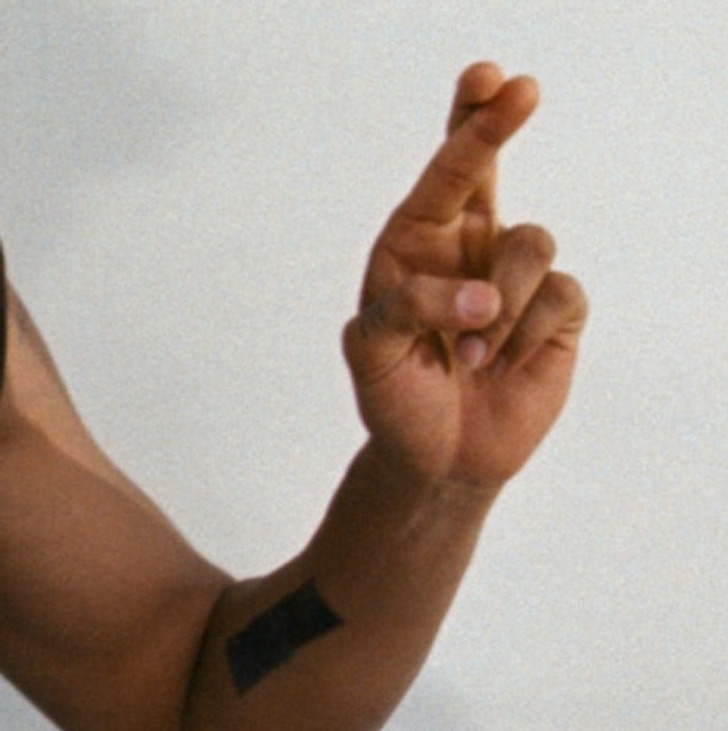
We’re used to keeping fingers crossed for luck, but the Vietnamese use this gesture in a whole other way. If you show them crossed fingers, they might blush, start laughing, or even take is as a personal insult. In Vietnam, it’s a very rude gesture.
In Arab countries, it’s better not to show your feet.
In the Arab world, the soles of your feet are considered to be the dirtiest part of the body. So, showing the soles of your feet to someone is very rude. Also, shoes are an extension of the foot in this regard, so hitting someone with your shoe is considered very offensive.
In Bosnia and Herzegovina, “burek” is something with meat in it.
Only outside of Bosnia and Herzegovina can a burek be vegetarian. Some people from Bosnia and Herzegovina can’t imagine a burek without meat and can react emotionally when someone calls a pie with cheese or berries a “burek.”
In Nigeria, it’s better not to show thumbs up.
In many countries, thumbs up is a positive gesture. But there are regions where it has a different meaning. In Iran, Afghanistan, Nigeria, South America, the Middle East and parts of Italy and Greece, it’s a very rude and inappropriate gesture.
On Saturdays, in Israel, people don’t use elevator buttons.
During Sabbath, it’s prohibited to use electronic things. The stairs are a better option than the elevator, but for those that can’t take the stairs, the elevator is still allowed. On Friday night, elevators are switched to a special mode, and on Saturdays, they keep going around the building, stopping at every floor. So if you happen to ride such an elevator on a Saturday, don’t press the buttons! This would be considered rude.
In Scandinavia, people don’t honk in traffic jams.
In Tanzania, coming on time is bad manners.
Coming to a meeting on time or even a bit in advance is bad manners in Tanzania and Venezuela. In these countries, punctuality is rude. The locals recommend tourists to come at least 15 minutes late, or they will think you are impatient.
In Nicaragua, they use lips instead of fingers.
People in many countries use their thumbs or index fingers to point at something. In Nicaragua, such gestures might be considered inappropriate. In this country, they use lips. So, don’t be surprised to see people pursing their lips or moving them from side to side.
In Malaysia, it’s better not to touch people’s heads.

In Malaysian culture, the head is sacred. In this country, people tilt their heads to show respect for the elderly. But this tradition has a flip side. It’s inappropriate to touch other people’s heads. Even when you need to pass something to a person, don’t do it over someone’s head.
Have you ever been in an awkward situation because of cultural differences? Tell us in the comment section below!
